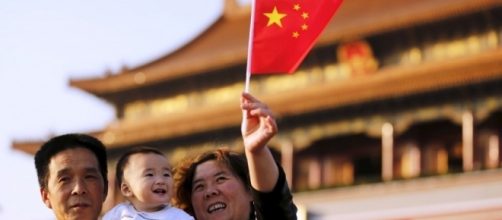17.86 million new babies were born in Chinese hospitals last year, witnessing a new growth of 7.9 percent in birth rate, said an official from China’s National Health and Family Planning.
Second-child birth rate soars after the relaxation of China’s one-child policy in 2013. More than 45 percent of the newborn babies were from families who had already have one child, with an increase of more than 10 percent compared to the figure before 2013, according to the latest statistics from National Health and Family Planning.
Do Chinese people really want a second child?
Although the easing of the one-child policy contributes to the significant growth in birth rate, it seems that Chinese couples are unwilling to have a second baby. 66.7 percent of people refused to raise a second baby regardless of preferential two-child policy, according to a survey from China’s social media Sina Weibo in late 2015. At the same time, more than 82 percent of people believed that the new child policy might result in the dilemma of female employment.
A poll conducted by National Health and Family Planning in 2015 shows that financial burden is the most important factor influencing the willing of raising two children. On top of that, Chinese families are also refraining from caring pressure and education cost.
End of the one-child policy, End of female employment?
China welcoming two-child policy has been widely discussed on social media in recent years. “Nowadays even state-owned enterprises are unwilling to hire female employees. Women face more difficulties in finding a job after the easing of one-child policy, as the maternity leave encourages them to go back to families.” said one Chinese social media user.
Another social media user pointed out that the change of birth policy won’t be able to solve the problem of aging population, “Rather, it will set heavy barriers to the right of women.”
How one-child policy influenced China?
The one-child policy has existed in China for three decades. However, it has also been a controversial issue in public discussion, especially after the law enacted to impose penalties for unapproved births.
Those children who were born in secret had no chance to attend public school or take trains, as they lived without a residence permit.
Meanwhile, the number of Chinese parents who lost the only child has increased to at least 1 million in 2016, according to the survey by China's Ministry of Health. Some of them have suffered life-long mental pain, but have no choice to raise another baby due to venerable age.

